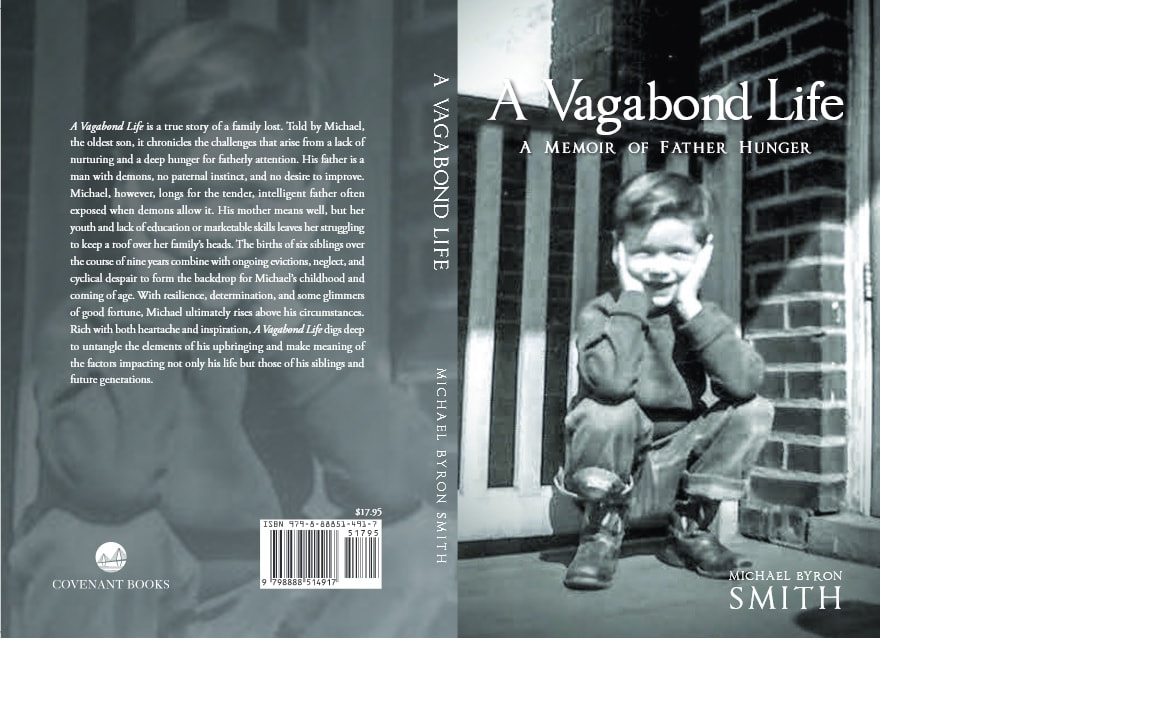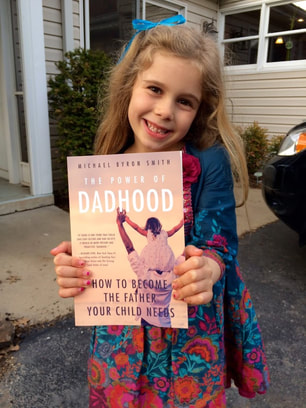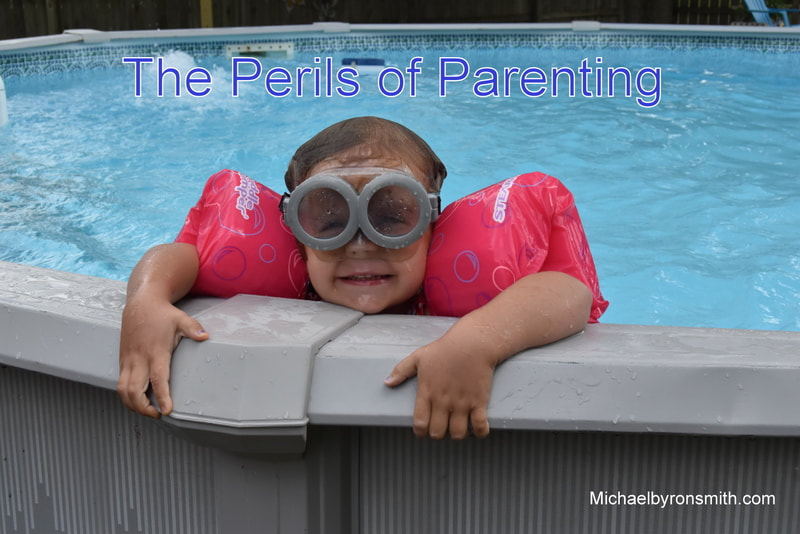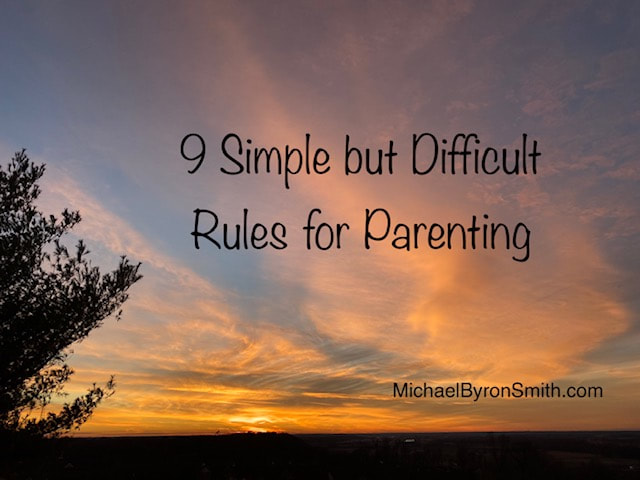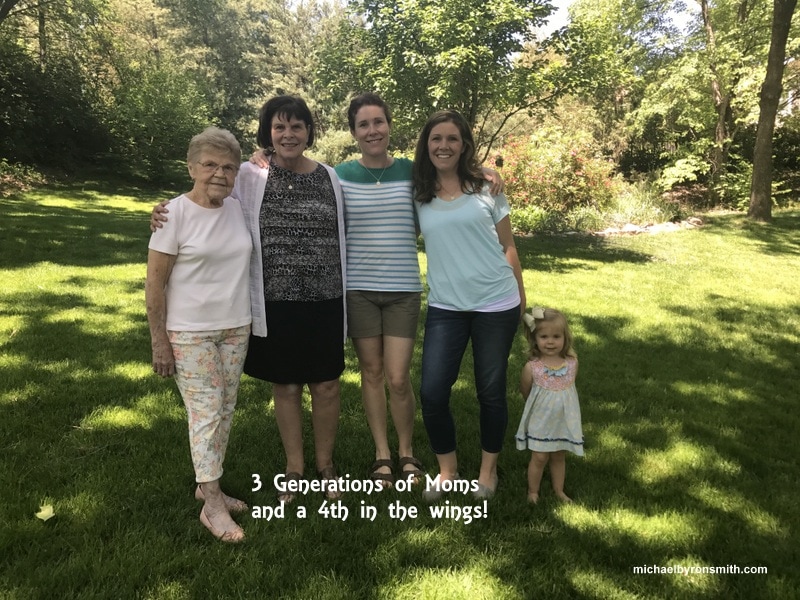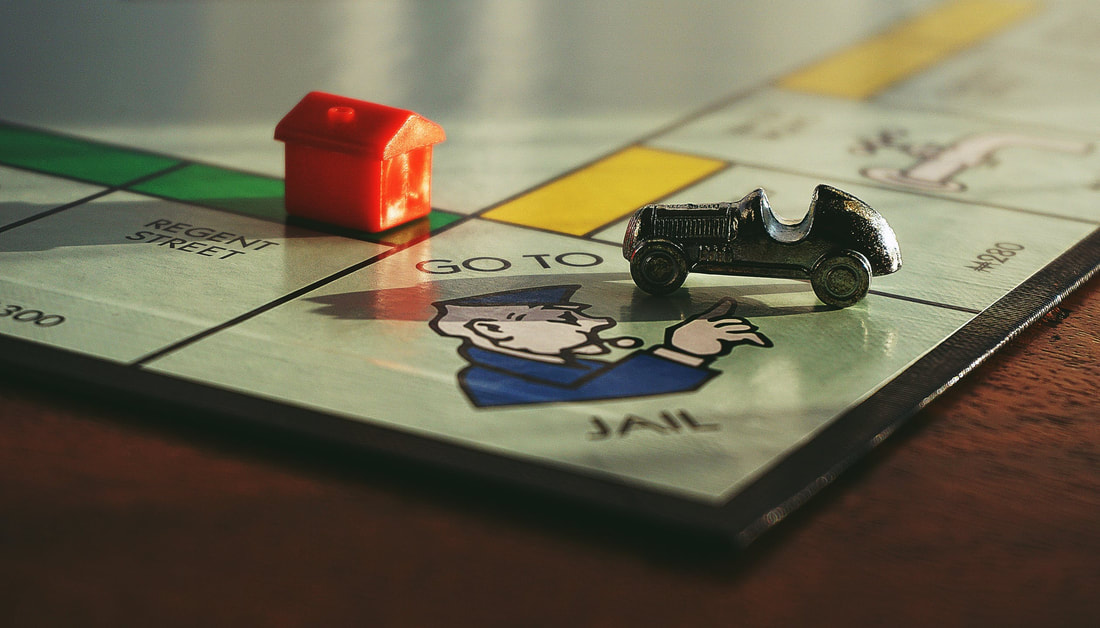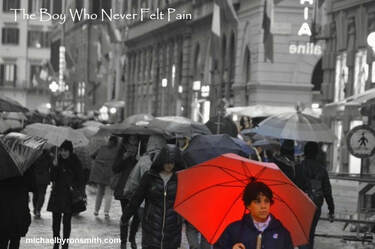
Samuel was curious, however, and wondered what pain was all about. Certainly, he noticed when his friends were in pain because they would grimace and often cry. He thought, “Would I want that?" Of course he had no idea for he didn’t understand the concept of pain any more than a fish understands being in water. Samuel’s friends were confused about him. He could neither be described as a happy or sad fellow.
“Why not be happy?” everyone asked.
“Pain is not good, believe us!” they reminded him.
“Samuel must feel very fortunate.” they thought.
But how could Samuel be happy about not having pain if he didn’t know the sensation of pain? And neither was Samuel really sad because sadness itself was pain.
Samuel did not have the sensations everyone else had. He was never cold nor hot. He didn’t understand why his friends loved the warmth of a fire in the winter or the cool breezes of summer. Samuel enjoyed neither - just as one would not be particularly delighted about having a hammer if there were no nails to strike.
Samuel lived where the sun shone almost every day. When visitors told him how lovely the sunshine was, he replied, “Really?” Samuel had never traveled very far and the sun shining wasn’t any more exceptional than having air to breathe.
Something was missing for Samuel, but he didn’t know what it could be. Everyone wanted to be like him and to have what he had because everything seemed perfect for Samuel -- sunshine every day and never experiencing discomfort. Samuel, however, didn’t understand why people thought he was so fortunate – whatever being fortunate was.
Life to Samuel was the same every day. He didn’t know ‘good’ because he didn’t know ‘bad’. He wasn’t interesting because he had very few stories to tell. How could you have a story if you never experienced distress, or overcame it? He couldn’t contribute to conversations about how rain refreshed everything on a hot day, nor talk about the discomfort of a toothache or the incredible relief when the agony went away.
What was this life he seemed to be missing? Was he really fortunate? How could he ever know?
The Incident
One day, Samuel was walking home from school as storm clouds gathered. As he reached his house lightning struck a tree in his yard! Samuel was knocked down from the force of electricity exploding in the wood of the tree. When he awoke, he had a strange sensation. Samuel hurt! And he hurt a lot! He never knew this feeling before and, of course, he didn’t like it. Samuel’s parents had heard the lightning strike and found their son on the ground dazed. He was moaning as if in pain. They had never seen Samuel in pain!
They rushed him to the hospital and, fortunately, Samuel was not hurt badly. He would be okay, but something had happened to him. Indeed, Samuel was experiencing pain and wished he could be the old Samuel - without the ability to feel this horrible sensation. Samuel now knew what his friends were talking about.
His weakness and the chill in the hospital made him shiver. Never before had he sensed being cold! He was awash in sensations, and while uncomfortable, it was an awakening for him. A nurse placed a heated blanket on Samuel, and the warmth was exhilarating! Waves of emotion came over him! What was this about? Never before had he been overwhelmed with such relief and comfort! Gradually, Samuel’s aches and pains from ‘the incident’ went away. And the lack of pain was beautiful! He was always pain-free before the incident, only this time he loved not hurting! “Why didn’t I ever appreciate not hurting?” he wondered.
After that day, everything changed. Samuel became like every other boy or girl. His encounter with the lightning strike gave him the gift of feeling and sensation allowing him to know he was, indeed, lucky when he didn’t have pain. He also now understood warmth because he had experienced cold.
Samuel’s life was now fuller! He had decisions to make because he learned about the consequences of decisions. Some opportunities would give him happiness but maybe risked pain or injury. Other choices would keep him safe, but he could possibly miss out on some fun. And now he knew about joy, and the warmth of a fire, and the refreshing feeling of cool breezes. Yes, he had to think more than he ever did before the incident, but thinking and choices made his life so much more interesting! Balance was a word he now understood. Samuel knew that undertaking tasks that may be uncomfortable or difficult could bring rewards to him which were joyful and fulfilling.
With his newfound thirst for knowledge and experiences, Samuel began traveling and found new challenges and interests everywhere he traveled. He went to a place where the rain was common! It was so lush and green there! When he first saw the rain, he danced in the street with his mouth open reveling in its coolness and its taste. The rain was so lovely to watch and the sound so soothing. But after three days of rain, he longed for the sunshine of his home. Samuel now knew why visitors mentioned how beautiful the sunshine was in the days before the incident!
Lessons from ‘The Incident’
The most significant lesson Samuel learned from his harrowing experience with the lightning strike was that life on a roller coaster is so much more interesting than life on a merry-go-round. He now knew the joy of overcoming obstacles, the feeling of relief, and the pride of meeting a challenge. He knew about limits and when to respect them and when to challenge them. He knew sacrifice is a temporary situation that will likely improve his life. And those that sacrifice now will reap the rewards and success of the future. Samuel now understood that a world of contrasts is a much more exciting place to live!
Life is defined by risks and experiences, good and bad. Without contrasts, there is nothing to measure or compare. There would be no such concept as perfection if everything were perfect. Ideas and action can be dangerous, but they are alive! Joy is not eternal sunshine and no pain. Joy is sunshine after the rain and your recovery from the pain. It’s the soothing warmth after a shuddering chill -- or the breathless relief when reaching the peak of a hill. Joy comes from leaving some level of sorrow behind.
Yin and Yang are perfect partners because there is no Yin without Yang nor is there Yang without Yin! Samuel now understood pain but knew he would never want to be protected from the possibility of it. It was pain that taught him how good normal felt. It was pain that told him something was not right and should be attended to. And he knew the more he learned about life, the better prepared he would be to avoid pain - and to find happiness.
Samuel grew up to be happier than any of the friends, those who thought he was lucky in the days before he felt no pain. For he understood better than any of them that life without challenges is not perfect and entirely uninspiring. He knew that real happiness is striving for something. Happiness is a state of mind that comes from having a purpose and pursuing it! No, Samuel didn’t like pain, but he understood its tremendous value. His life was now an adventure!
© Helping Fathers to be Dads, 2019

